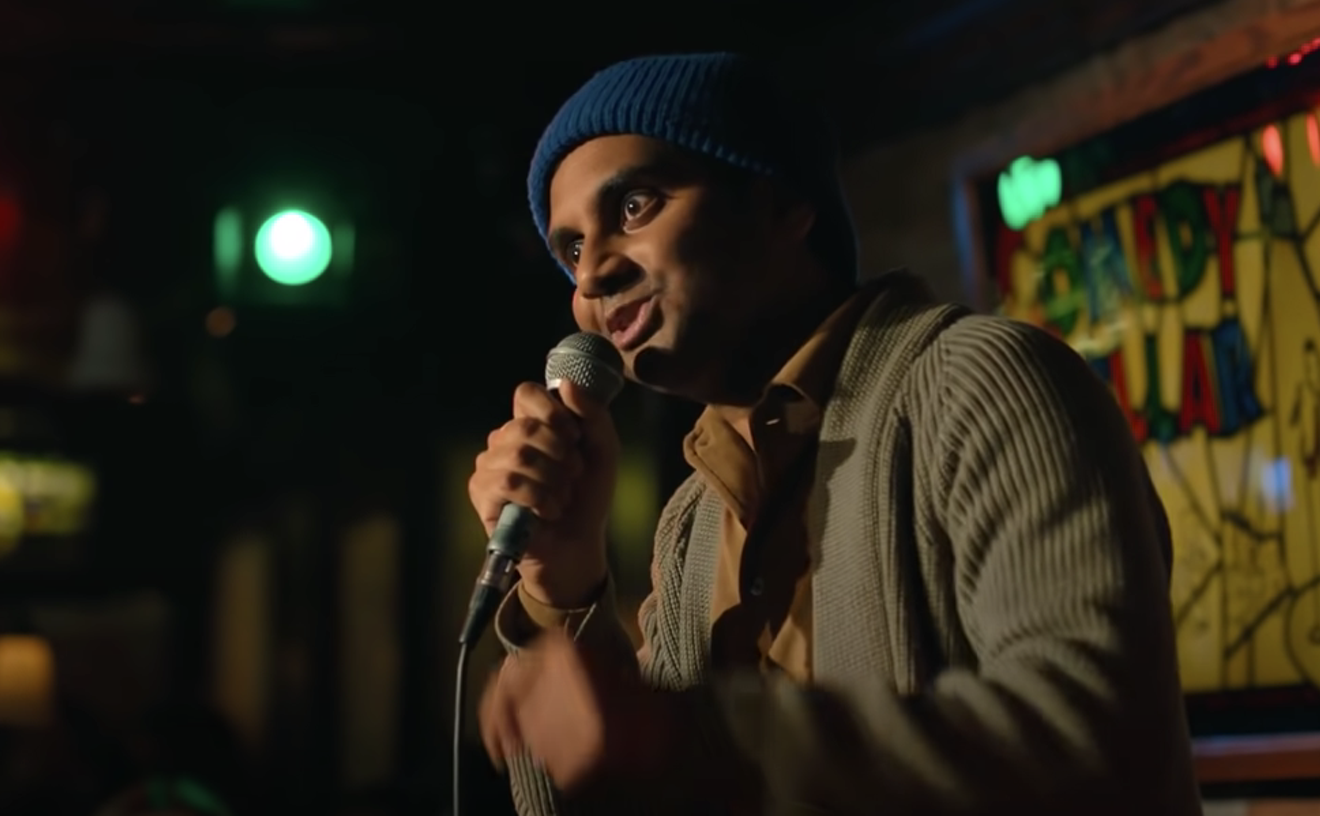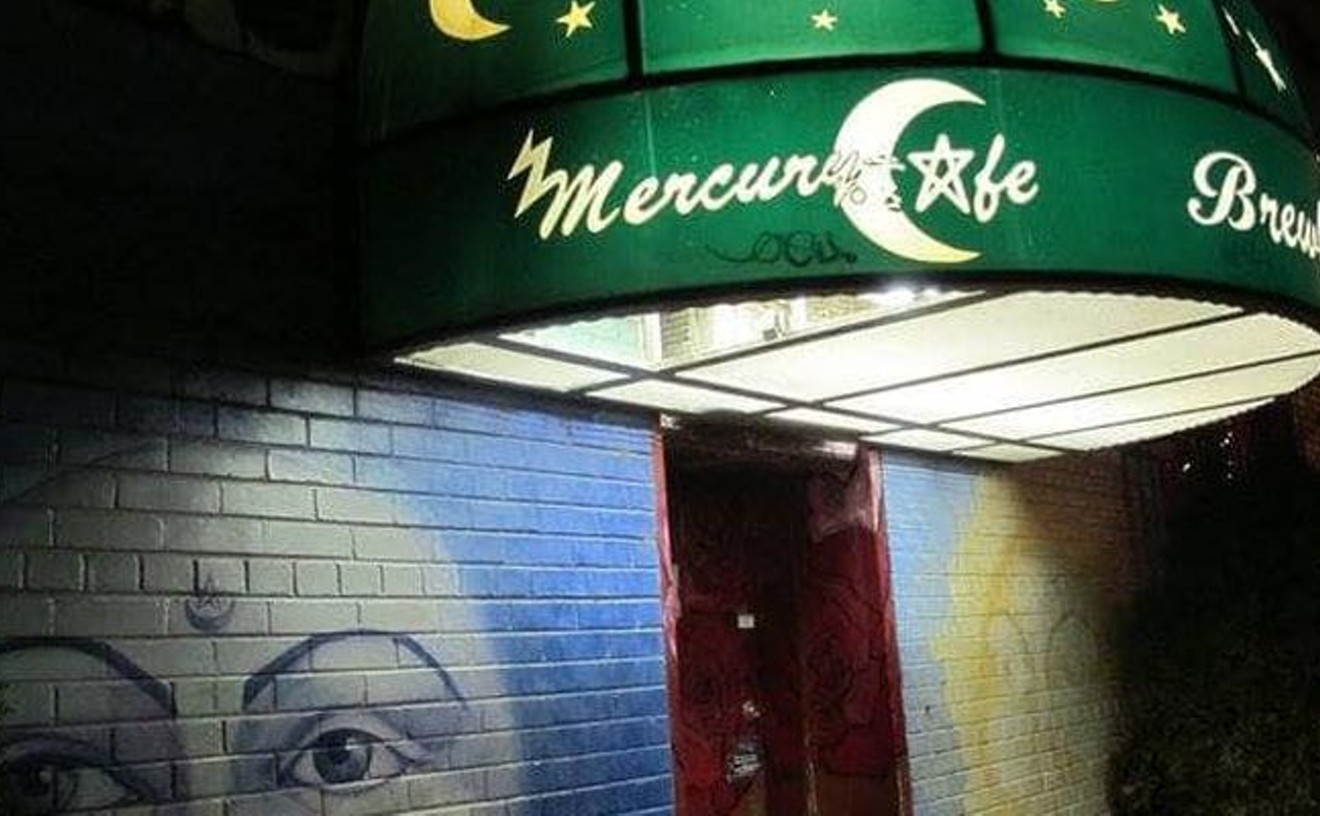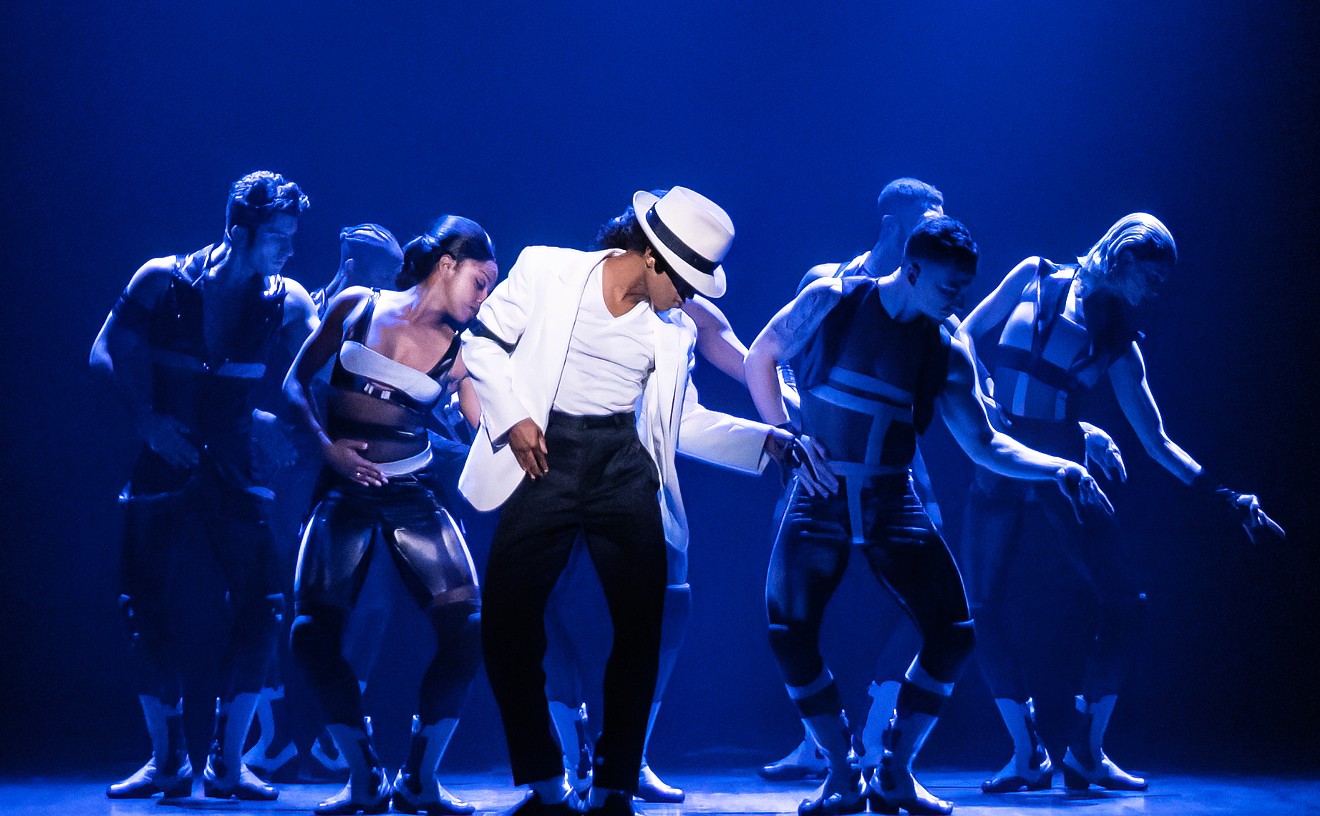See also: - Mike Doughty: You can request a lot of songs, just don't ask for "Super Bon Bon" - Patty Schemel talks about her new documentary, Hit So Hard, and Hole's fifteen-minute reunion - On the Rocks: Koren Zailckas found inspiration in sobriety
Westword: When you chose to get sober, what was the catalyst for you to make that change?
John Larroquette: I just think that most drunks reach a fork in the road; down one road is the next drink or the next high -- and at the end of that, insanity or death. And the other is perchance a moment of clarity that occurs, and one realizes that finally, you have to understand that you have absolutely no control over your life and/or whatever substance it is that you use, be it food, drugs or shopping. And that continuing in the same behavior is never going to change the outcome.
It just happened. A switch flipped and it was done. I was done.
And did you go through Alcoholics Anonymous or a rehabilitation program?
No.
Cold turkey?
How else does one do it? I don't think you can ween yourself off of Cognac -- a pint of it a day. I'm not sure how you ween yourself off something like that. I'll just do a little heroin today, and a little less tomorrow. You know?
As far as any community and support system that can, perhaps, allow one to learn some tools on how to walk through daily life without the medicine that one was taking, I think it is up to the individual to find their own. Certainly, the second word in that group that Bill Wilson started speaks to one's inability to converse about it publicly.
Do you feel like you still battle with feelings of wanting to drink?
Less than zero. And that happened the night I stopped. From that moment, I can, without hyperbole, say that the obsession was eradicated. It was lifted from me that night -- February 5, 1982. It just didn't exist any longer in my lexicon.
Again, I take no credit for that. I'm not exactly a religious person; although born and raised Catholic in New Orleans, one always has the stain of the church -- and I do not use that word derogatorily; the tattoo of the church, perchance is a better word. I'm not a big believer in providence and/or a deity or whatever. So I have no explanation. I wish I did. If I did and could somehow replicate it, I would be battling Bill Gates for the richest man in America.
Why do you choose to speak to the public about your own sobriety?
You know, just as long as I stay on this path, I think it is to merely to give the story of someone who has a bit of -- well, some people know who I am because of what I do for a living. The idea that one can relate one's story and provide absolute empirical evidence that there is a way to live without it is important. Everyone's story is different. Usually the path is somewhat similar; the emotional landscape is usually familiar to those who are battling or have recently surrendered to the battle.
I used to joke that when I got sober, Betty Ford was still trying to decide what she wanted to drink that night. There wasn't an enormous industry as there is now. When I find ones that are non-profit -- like Arapahoe House -- and have a great deal of community outreach and aren't private, for-profit kinds of places where you pay your forty grand or whatever it is these days to spend 28 days there, it's something I can give back. Be the ringer at the rubber-chicken luncheon so they can raise some money.
It also reminds me of where I came from and to never, ever get to the point where I start to buy into my own bullshit -- the "I dealt with it, I'm fine, I could probably deal with the occasional cocktail" or whatever. Just to keep it in perspective. Luck has a great deal to do with it, and persistence is important. For people who are struggling with it, just a road sign up ahead that it can change. And it can be better.
My life certainly was in an array of the typical despair and gloom and anger and exhilaration and all of the things an alcoholic and drug addict has when it is still working for him or her. But the fact that I didn't lose everything, and the fact that after I stopped, there was a degree of success and harmony and love and health that came into my life, I think it is perhaps helpful to share that story.
The third annual Arapahoe House Luncheon is Friday, September 28 at the Seawell Ballroom at the Denver Performing Arts Complex, 1050 13th Street; doors open at 11:30 a.m., and the program starts at noon. Tickets begin at $75 and can be purchased through the non-profit's website.
Follow @WestwordCulture











